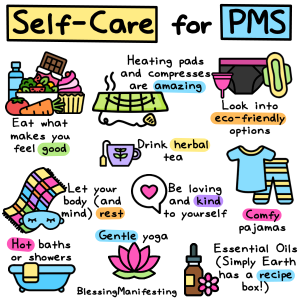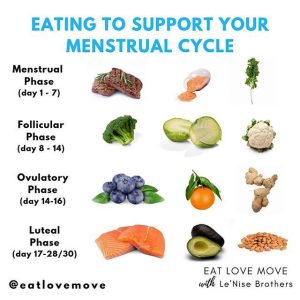Nutrients for the body – vitamins, carbohydrates, proteins

Daily nutrients for the body
In order to live a healthy life, you need certain nutrients every day. A well-balanced and healthy diet is the key to optimal nutrient supply.
Unfortunately, we find it increasingly difficult to maintain a healthy diet in our everyday lives. Finally, we seem to have little time to cook and always reach for ready-made meals.
But in order to know what is good for the body, we need to identify what nutrients we need and how to absorb them.
Vitamins
Vitamins are chemical substances that are utilized in metabolism. They are vital because they cause chemical reactions that occur in the body.
Unfortunately, the human body cannot produce them itself, which is why it is dependent on the supply of vitamins through food. Plants, on the other hand, are capable of producing vitamins themselves.
Therefore, especially plant foods such as fruits and vegetables are important for a balanced diet. At the same time, as banal as it may sound, the additional intake of extra fats (z.B. a salad dressing) is recommended.
Finally, not all vitamins are water soluble. This means that the body can absorb vitamins such as C and the B variants more easily with fats.
Supply of vitamins
Regular consumption of fruits and vegetables is the basis for an adequate supply of vitamins. However, one can also resort to dietary supplements here. These can be naturally and chemically produced.
Natural food supplements are produced and prepared from plants. Plant powders are a good example of this. However, vegetable oils such as hemp oil with cannabidiol can also contribute to the vitamin supply.
They also have the side effect of containing healthy fats and fatty acids. In the case of chemically produced food supplements, the intake of inexpensive tablets is also sufficient.
However, it is advisable here to actually use these only as supplements and not to consider them as the main source of vitamins.
Carbohydrates as a source of energy
Carbohydrates are the most important source of energy for the human body. Unfortunately, they have unjustly gotten a bad rap due to the increase in obesity.
Finally, our body stores carbohydrates in the form of fat and converts it again when needed. A good supply of carbohydrates is enormously important for our energy needs.
Of course, carbohydrates, which are found mainly in sugary foods, should be taken only in moderation. Staple foods such as potatoes or cereal products are an important natural supplier here.
Proteins
Proteins are nutrients that are also needed for the metabolic process. Our body produces enzymes from proteins. They control bodily functions and are needed for digestion.
They are also needed for the construction of our cells and are responsible for our genetic makeup. In addition, proteins can also be converted into energy if not enough carbohydrates have been consumed.
But this process can also have negative consequences: When there is an undersupply of energy, the body often breaks down proteins that are used in our muscles. Sufficient protein supply must therefore be ensured.
Protein-containing foods are, for example, animal products such as meat, milk or eggs. Plant foods also contain important proteins.
Soy products and nuts, in particular, contain valuable proteins, which are also supplied at the same time as various fats.
Legumes such as peas or beans are also among the useful sources of protein.




